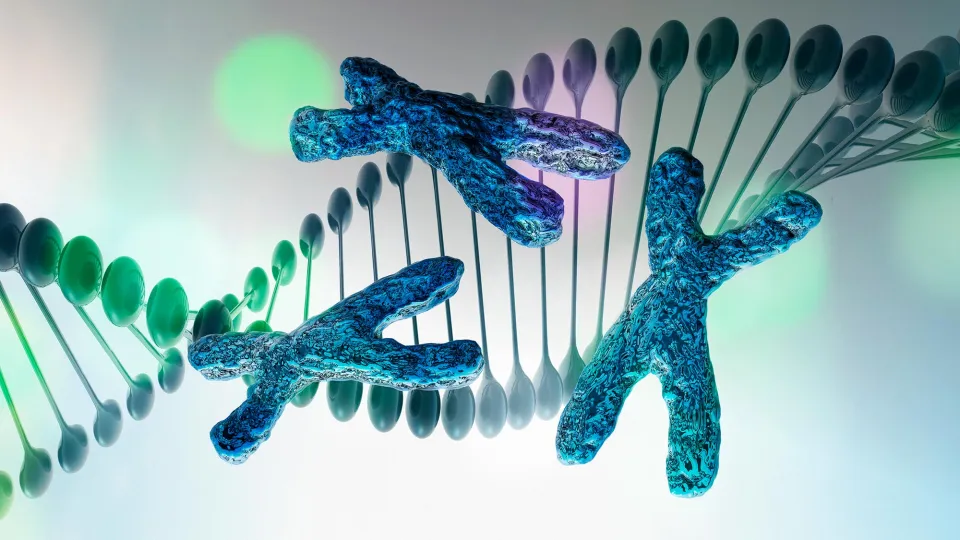News Brief
Gaining Insight into Embryonic Blood Formation
April 18, 2024
During embryonic development, a sub-population of vasculature endothelial cells differentiate into hematopoietic (blood-forming) stem and progenitor cells (HSPCs).
Recent research by Meelad Dawlaty, Ph.D., and colleagues has shown that Tet enzymes regulate blood formation in mice by demethylating and thereby activating hematopoietic genes in endothelial cells to trigger hematopoiesis. This function of Tet enzymes during embryogenesis is distinct from their functions during adult hematopoiesis. The National Heart, Lung, and Blood Institute has awarded Dr. Dawlaty and colleagues a four-year, $2.16 million grant to further investigate the blood-forming roles played by Tet enzymes during embryonic hematopoiesis. They will use two mouse models they have developed that allow for deletion of Tet enzymes during embryonic development. By providing insights into the epigenetic basis of blood formation, their research could lead to the treatment of blood disorders such as myelodysplastic syndrome that can result from mutated or dysregulated Tet enzymes.
Dr. Dawlaty is an associate professor of genetics and of developmental and molecular biology, member of the Ruth L. and David S. Gottesman Institute for Stem Cell Biology and Regenerative Medicine at Einstein, and a member of the National Cancer Institute–designated Montefiore Einstein Comprehensive Cancer Center. (1R01HL172730-01)



